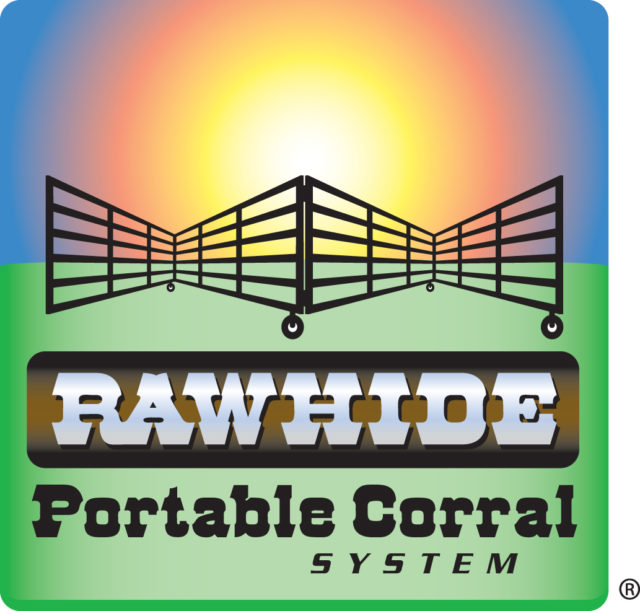This trial was performed in a commercial feedlot of Charolais beef during the finishing period (210 days supplementation), and meat quality was evaluated after 10 days of aging. First of all, this study confirmed that, when compared to the mineral source, Alkosel significantly improves the animal selenium status (higher blood and tissue selenium concentration: +81% in muscle - see GRAPH), confirming the superior bioavailability of the organic form of selenium.
But, most interestingly, the organic selenium also improved several aspects of meat quality when compared to the non-organic form (selenite):
- Reduction of meat drip loss during maturation by 25% after 10 days aging, offering better yield for the packer.
- Improved meat visual aspect, an important criteria for customers and part of meat organoleptic qualities (meat lightness improved by +3.8% as compared to selenite).
- Improved meat tenderness, as measured by muscle sheer force (17% reduction of muscle sheer force, reflecting increased tenderness). Described as the first quality criteria sought after by consumers, meat tenderness is another key organoleptic quality.
Moreover, the effect of organic selenium supplementation has already been shown in pork (improved organoleptic quality in ham, reduced meat oxidation…), but also in dairy cows (improved milk antioxidant status, reduced somatic cells count). Recent scientific studies have shown similar benefits on lamb meat : Alkosel3000 provides higher selenium level in muscle (in particular L. dorsi) as compared to selenium salt.
Selenium supplementation is essential to enhance antioxidant defenses, immunity, health and maternal selenium transfer. Due to its higher bioavailability, the selenium yeast source Alkosel3000, highly concentrated in organically-bound selenium, is more effective that mineral selenium to improve animal selenium levels and antioxidant status. ![]()
—Lallemand press release








